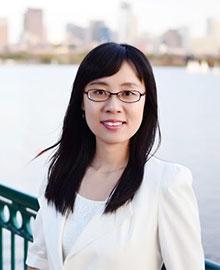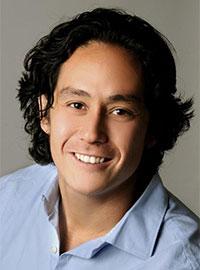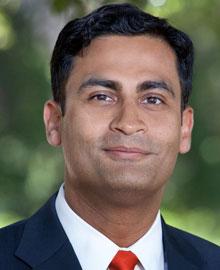Welcoming three new affiliates to J-PAL
This summer, J-PAL welcomed three new professors to our academic network: Jie Bai at Harvard University, Joshua Blumenstock at the University of California, Berkeley, and Saumitra Jha at the Stanford Graduate School of Business. Their varied research interests focus on the relationship between firm growth and corruption, addressing violence and political polarization, and the intersection of machine learning and development economics.

Jie Bai is an assistant professor of public policy at the Harvard Kennedy School. Her research is at the intersection between development, IO and trade, focusing on information frictions and quality issues as well as other institutional barriers that hinder firm growth. Her recent projects have examined firms’ incentive and ability to build a reputation for quality, the relationship between firm growth and corruption, and the impact of internal trade barriers among Chinese provinces on firms' export behavior. Jie received her PhD in economics from the Massachusetts Institute of Technology.

Joshua Blumenstock is an assistant professor at the U.C. Berkeley School of Information, the Director of the Data-Intensive Development Lab, and the co-Director of the Center for Effective Global Action (CEGA). His research lies at the intersection of machine learning and development economics, and focuses on using novel data and methods to better understand the causes and consequences of global poverty. Most of his projects are based in low- and middle-income and conflict-affected countries. He received his PhD in Information Management and a MA in Economics from the University of California, Berkeley.

Saumitra Jha is an associate professor of political economy at the Stanford Graduate School of Business. A common thread in his research is understanding the effectiveness of organizations and innovations that societies have developed to address the problems of violence and political polarization in the past, and seeking new lessons for solving such challenges in contemporary developing societies. He received his PhD in economics from Stanford University.
